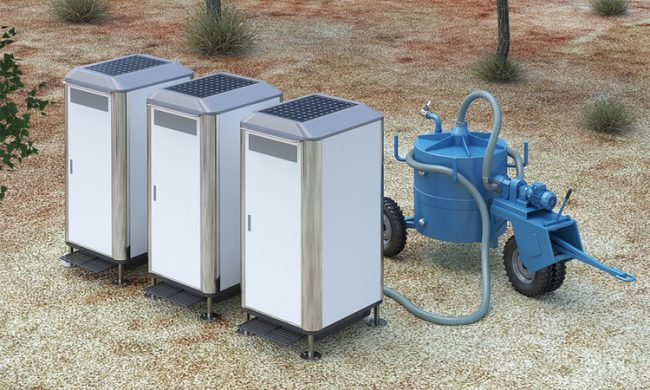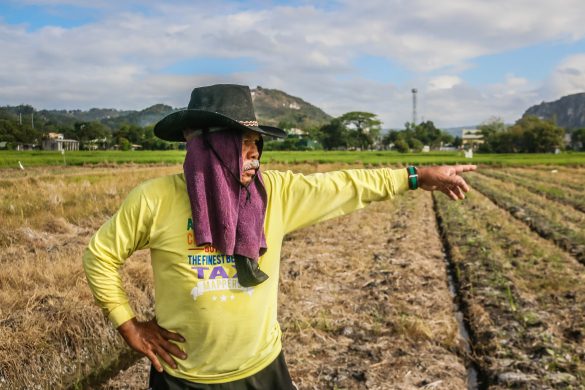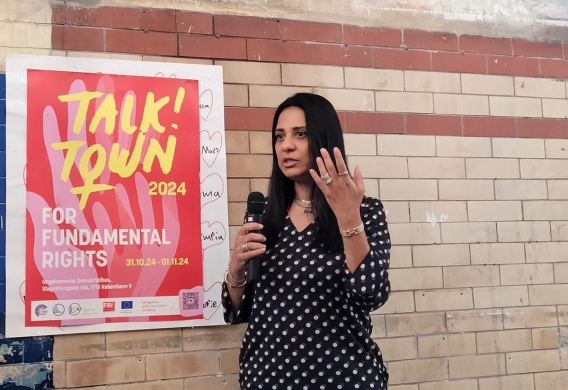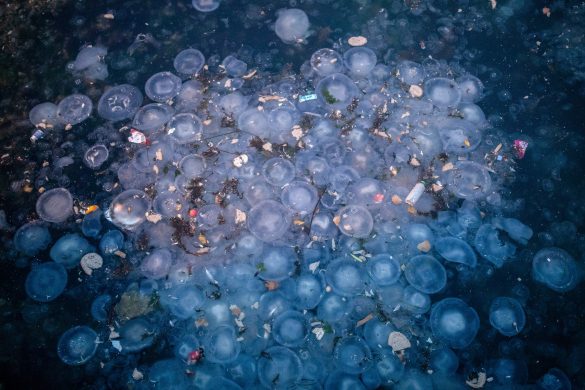Roughly two and a half billion people worldwide are living without water or sanitation systems.
In the future these people may get access to a new Swedish toilet system that will create business opportunities for the local population, writes Paper Province.
Their invention recently won the regional SKAPA/CREATE Award and this autumn they will be competing against other innovators from all over Sweden in the national finals.
Turns waste into value
The system aims to create new business opportunities for local populations in developing countries.
When the toilets are full, a local employee will collect the waste, pay the user and take the waste to a processing plant, where the material is sanitised and converted to biogas for domestic use, or fertiliser for local agriculture.
The waste collector gets paid, then the waste processors, and so on, with the value of the outgoing product increasing at every transaction stage.
Solar powered and alarm equipped
The toiletcabinets are delivered as flatpacks. They are easy to assemble, powered by solar energy and wirelessly connected to the network. The administrator is alerted when they need emptying.
There is a special gender focus, since women are frequently attacked in connection with toilet visits. Mundati toilets are equipped with LED lighting and alarms for increased safety.
These toilets have several intelligent solutions, e.g. their adaptability to different positions if people prefer to sit, squat or stand when they use the toilets. They are also available in self-disinfecting versions that help to minimise the spread of infection.
A circular perspective
In one short year, much has happened for the company. At conferences in Copenhagen, Geneva and Brussels, they have forged contacts with organisations including the UN, Business Sweden and the Swedish Ministry of Foreign Affairs. Everyone has been very positive to their concept.
Paper Province participated in a recently completed pilot study on the circular perspective. The purpose of the study was to find the best materials for recycling and energy efficiency.
In the spring of 2017, Mundati launched a project in South Africa in association with the University of South Africa (UNISA).
Red Cross and the UN interested
Product testing is planned in collaboration with the Red Cross during the first quarter of 2018. The United Nations High Commission for Refugees (UNHCR) also wants to try out the Mundati system. A classic concept has also recently been revived in association with the UN Humanitarian Response Depots (UNHRD) and the UN World Food Programme (WFP).














